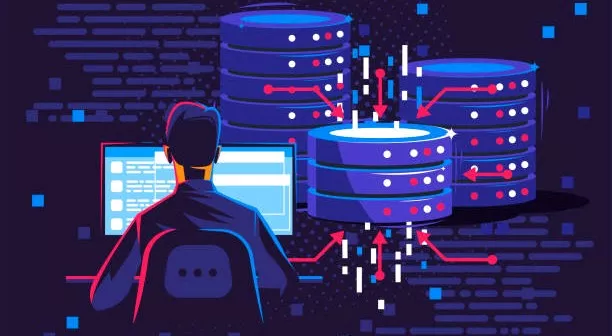Data Engineer
Learn programming languages like Python, SQL, and potentially others like Java or Scala. Familiarize yourself with tools such as Apache Hadoop, Spark, and databases like MySQL, PostgreSQL, or NoSQL databases. Understanding data modeling, ETL (Extract, Transform, Load) processes, and data warehousing concepts will also be crucial. Consider taking relevant courses, getting hands-on experience with projects, and staying up-to-date with the latest technologies in the field.
1. Data Engineering:
What is data engineering?
Role and responsibilities of a data engineer.
Importance of data engineering in modern...
1. Data Engineering:
What is data engineering?
Role and responsibilities of a data engineer.
Importance of data engineering in modern...



